Wednesday 25th November to Tuesday 1st December
I haven’t been able to update the blog before now as I haven’t had access to Wifi or mobile phone since leaving Dakar. Imagine the deprivation! When mobile phone coverage is widespread in West Africa this is more a reflection on my inability to purchase a SIM card and my poor IT skills. Hugh meanwhile has been regularly updating his blog as we’ve been sailing via our satellite system, so you can always get the most up to date news from his most wonderful blog. We are now in Banjul international airport, in The Gambia, waiting for Alex’s flight to arrive and they have Wifi in the restaurant, so I can finally add this rather lengthy post…..
This is a part of the world that I’ve never had a particular ambition to visit but, now that we are here, I wish that we had longer to do more than scratch the surface. Dakar is a big city and from what I’ve read is exciting and sophisticated but we have been at anchor in a small sandy bay, and our ventures into Dakar have been through the industrial area and port, with dusty potholed roads and traffic jams, not a good introduction to a city anywhere in the world. We visited the Isle de Goree, a short ferry trip from Dakar, a trading station during the 18th and 19th centuries and an important symbol of the slave trade in West Africa. The island itself was cool and peaceful, with narrow streets full of bougainvillea and flowering plants. Visiting the Slave House and wandering around the dark dungeons where slaves were kept before transportation, the terrible suffering involved was beyond imagination. The tourist trade here has been badly affected by concerns about Ebola (never actually an issue in Senegal or The Gambia) and possibly also by recent events in the Muslim world, but we have always felt safe and very welcome here. We were particularly welcomed by beautifully dressed women who had shops on Goree, and we bought lengths of fabric and African jewellery as their sales pitch was irresistible. One particularly gorgeous one was keen to be Hugh’s second wife.
We spent a few hours looking around the centre of Dakar and visited a market there to buy fruit and vegetables, and were left with the impression of a big, hot, busy, dusty city with a few old colonial buildings and many ugly 1960s concrete blocks. We were sorry not to have had time to explore more of the city, or hear some Senegalese music, but since the nightlife apparently starts after midnight & peaks at 2am, we missed out.
We weighed anchor in the dark to head south, at 5.30am, with the lights from fishing boats crossing the bay, for the 60 mile trip to the River Saloum, one of the wide, slow rivers of Senegal. Initially there was a strong wind for our journey south and we made good speed under full sail, but by mid-morning the wind died and we had to motor, and as we got further south through fields of fishing buoys, turning to avoid getting them caught in the propeller as we passed. We were visited by a tired little finch, a zebra waxbill possibly, swarms of white butterflies and the Senegalese navy, who radioed requesting to inspect our boat, then sent over a RIB with four men, one brandishing a large rifle. Just as they came alongside Hugh exclaimed ‘this isn’t the navy’ as he spotted their plastic beach shoes, but we weren’t in a position to argue with such a large gun. Fortunately, they were genuine and a junior officer in camouflage gear and jellybean sandals went through a list of questions from his manual of how to deal with suspicious boats, and then did a cursory inspection of Vega, looking through a few cupboards and under the floorboards. Satisfied that we weren’t carrying drugs or firearms they left to a long and drawn out exchange of pleasantries and thanks in both English and French, over the VHF radio.
Throughout the day we passed pirogues of different sizes, some with just a couple of men, some up to 70-foot-long with dozens of people on board. Pirogues are the large, solidly built, wooden painted fishing boats operated in Senegal and Gambia, powered by an outboard motor, their nets are cast from the side of the boat. They go out at night, sometimes lit with flashing lights, sometimes unlit, and often with braziers burning on them. A collision with one of these and we would probably come off worse. I have read that fishing fleets from Europe and further, which fish illegally close within the waters of Senegal, with refrigerated units, badly affect the catches of these poor African countries.
We arrived at the River Saloum as night fell and dropped anchor in the dark just inside the river and by a fishing village, Djifere, with the sound of music playing on the shore. The next day we motored up the river, wide and bordered by mangroves, the occasional tourist bird-watching camp along the side seemingly deserted, although we were not clear whether this was out of season or a downturn in tourism here. We tried to approach Dionouar, a village near the mouth of the river with a large mosque and reputed to be one of the most striking towns in West Africa, but could not find the channel through the shifting sandbanks to the deeper anchorage marked on the chart, and kept finding the depths dropping suddenly. We gave up, having already gone aground twice, and turned back to spend another night outside the Djifere. In the morning we went ashore in the dingy, and bought two fish for supper. It was clearly a very poor place, rundown shacks and rubbish strewn on the beach where the pirogues landed. We were mostly ignored and people were not keen on being photographed, although I talked to a few of the women there who had young children and were friendly and smiling.
We left Djifere in a hurry. As we returned to the dingy, Vega appeared to be much nearer to shore, and we rowed back in a panic, thinking she was dragging her anchor in the strong winds that had come up. We headed back out to sea through the buoyed channel marking the passage, and made good speed until the wind died mid afternoon, motoring into Banjul and past the port and docks and dropping anchor at Half Die, at dusk. Half Die is so named as half the population died in a cholera epidemic in 1869, and is a rundown dockyard with a jetty where the four boats constituting the Gambian Navy are tied.
I am writing from the Gambia. We are at anchor just south of the port/dock area for a second night having arrived at sunset yesterday and today much of the day was spent going through the formalities of arriving in a new country. As we arrived last night and passed Banjul it appeared more like a small undeveloped town than the capital city, and that is how it also appeared when we walked around it today. Having dropped anchor last night and started to settle in for the night, a small motor boat approached us, with two young men in it, who started on friendly greeting. I was suspicious and told them to go away and come back in the morning, but they turned out to be from the Gambian navy and we had anchored in a deep channel. The Gambian navy consists only of four small patrol boats, three of which were tied up at the quay near where we were at anchor. They had recently impounded a Chinese fishing boat illegally fishing in Gambian waters and were awaiting payment of a fine for its return. Aliou, the naval quartermaster, has befriended us and clearly would like us the sponsor the education of one of his four children. It is an option that we need to decide whether we wish to commit to.
Aliou sorted a helper to us to get us through the formalities here. First we walked from the docklands into Banjou to get cash from the ATM, via the school which his daughter attends where we were shown around and the headmaster talked about the need for furniture for the library and IT equipment and asked if we could help find twinning for their school, which we will look into. It is clearly an extremely poor country, as we are constantly being told. It appears to import most goods, including much food, its main earner being tourism and the export of peanut oil.
Banjul was hot, dusty and run-down, with pot-holed sand blown streets, far from being like a capital city, with none of the modern buildings of Dakar. We traipsed around after Ebou, our rather taciturn helper, to the Immigration Police, on to Customs, and then another customs officer who drove to inspect our boat from the dockside for a negotiable fee, which we bartered down from US $100 to US$30. I suspect that there was a scam going on between him and Ebou. Finally, on to the Port authority and a charming and helpful young man, who sorted us out with charts and a permit for our tour up the river Gambia. Lots of friendly chat from various port workers, including one who went on about the British being ‘colonial masters’. When The Gambia finally gained independence in, I think, 1970, the British left little behind in terms of infrastructure and schools.
We will leave our anchorage at Banjul docks tomorrow on a rising tide and make our way to Lamin Lodge where we can anchor in a river tributary amongst the mangroves, near to the airport. We will be able to stock up with fruit and vegetables from local markets before we meet Alex at the airport tomorrow.
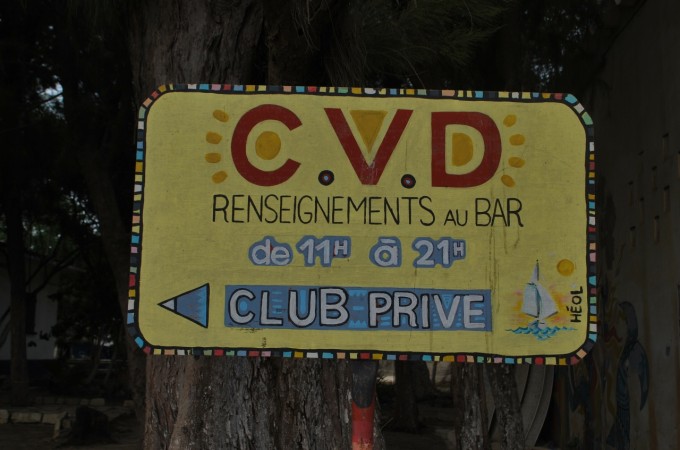
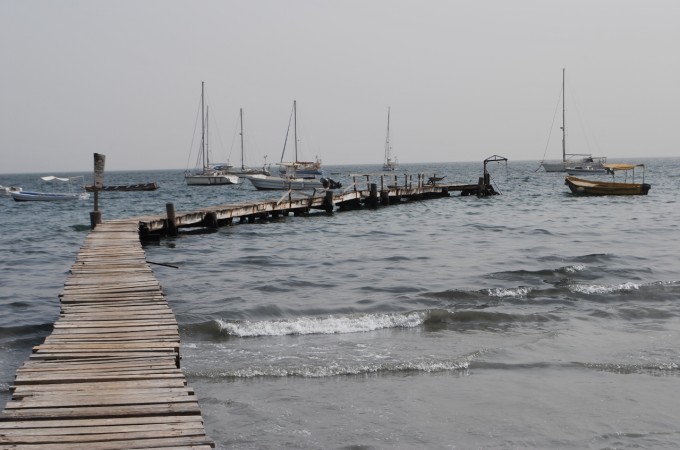
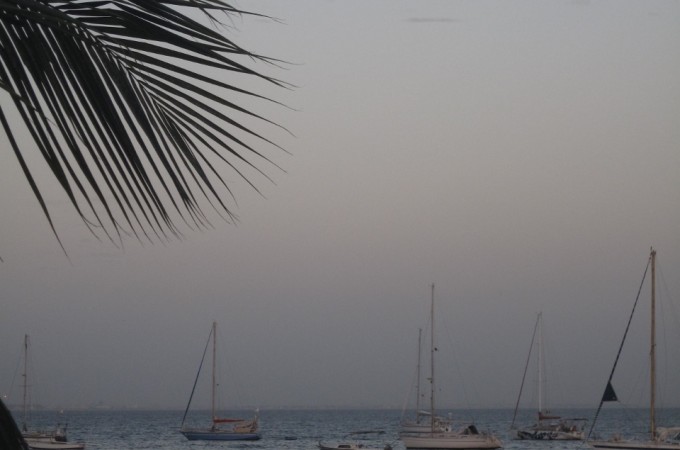
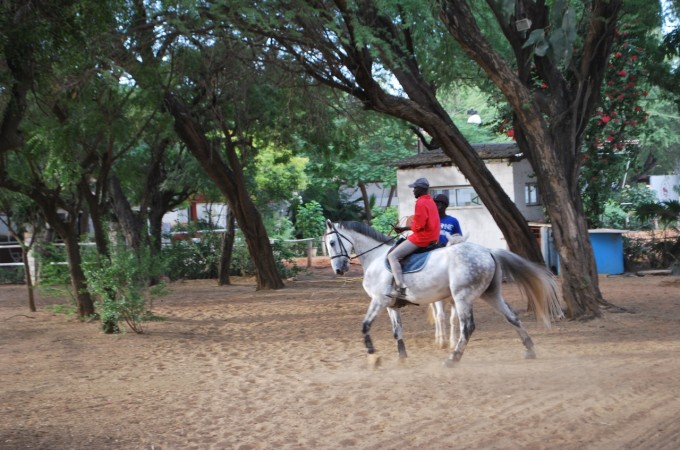
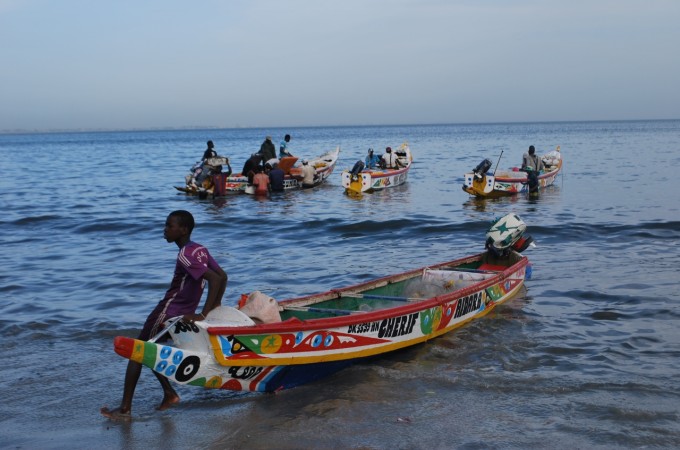
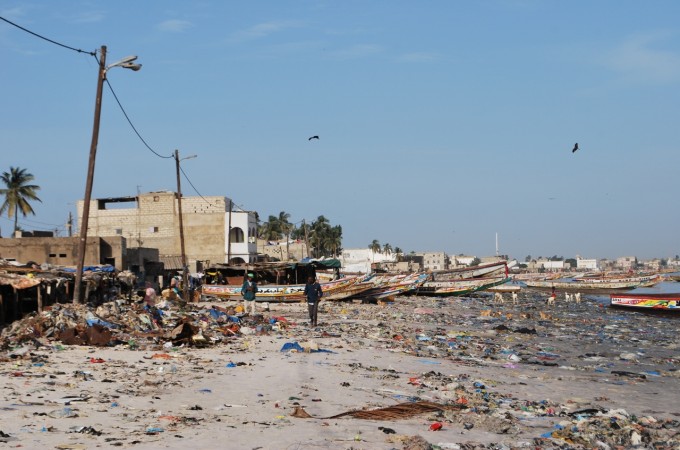
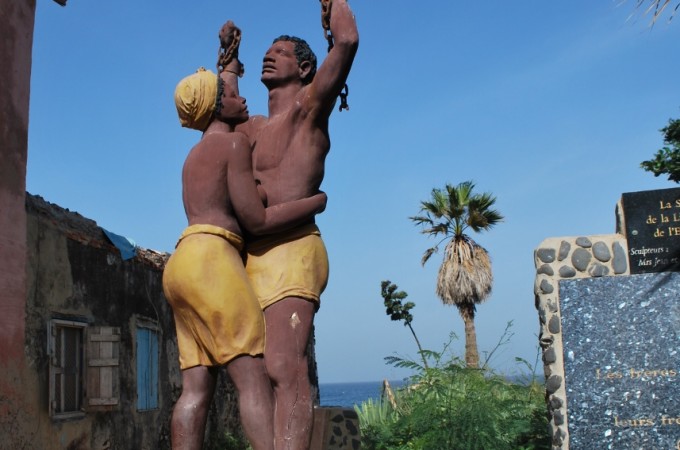
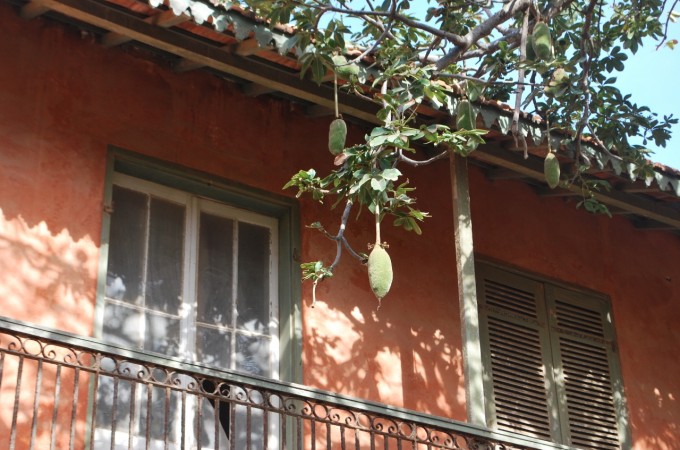
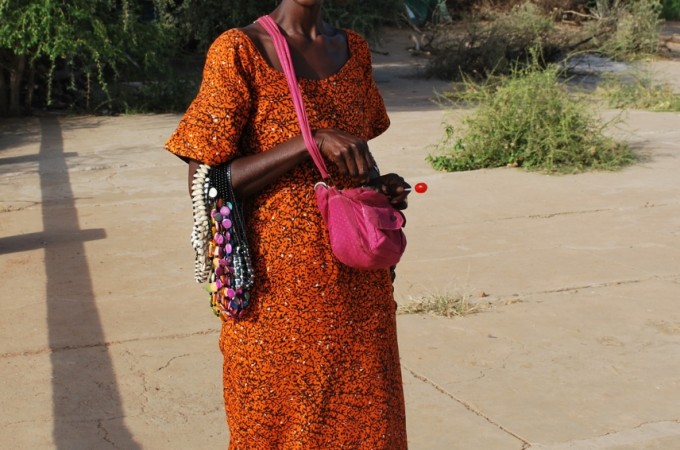
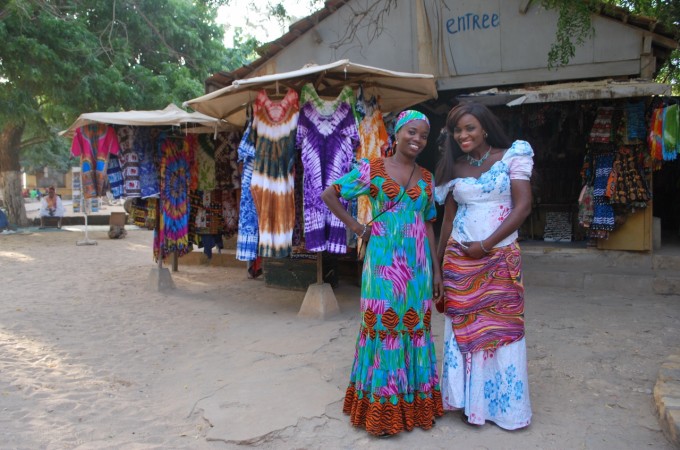
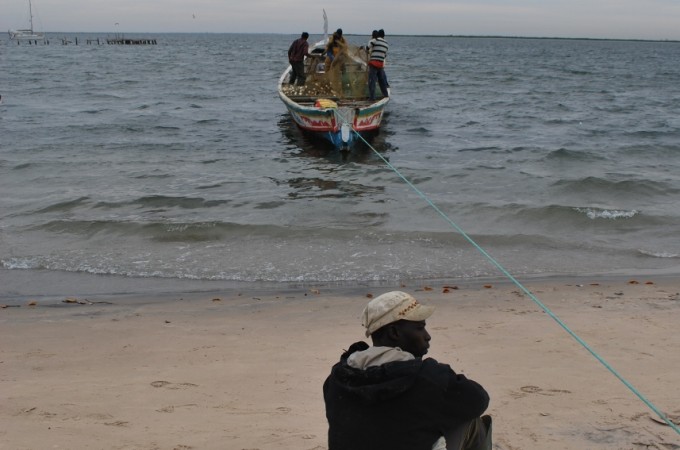
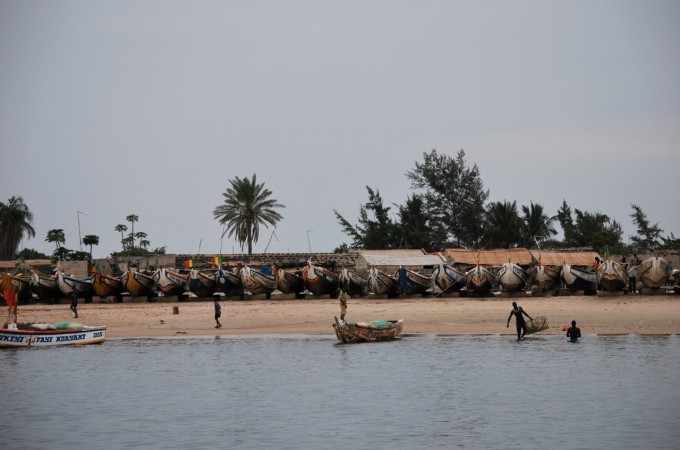
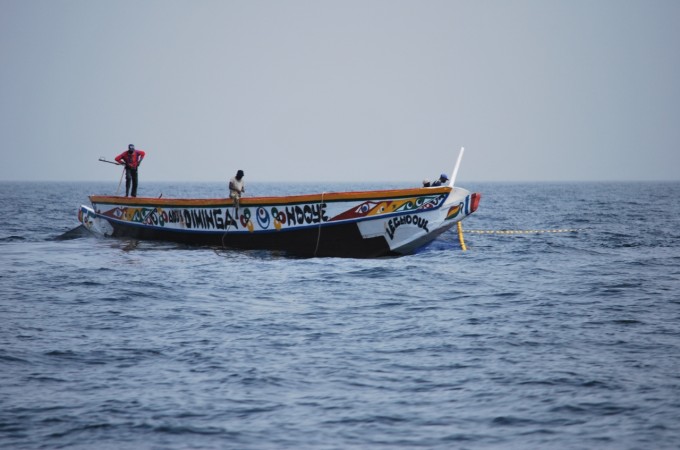
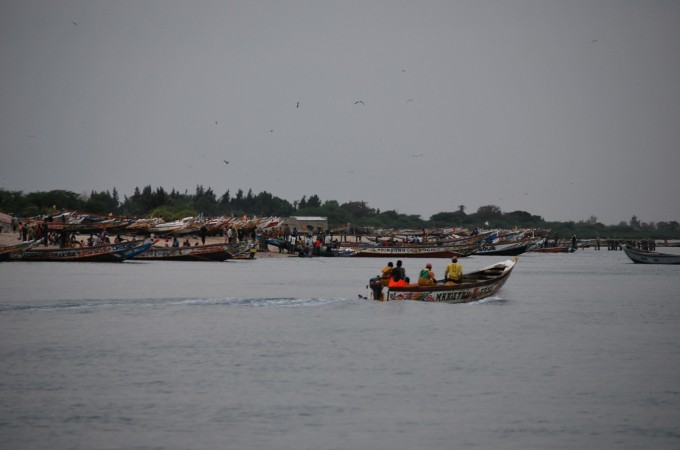
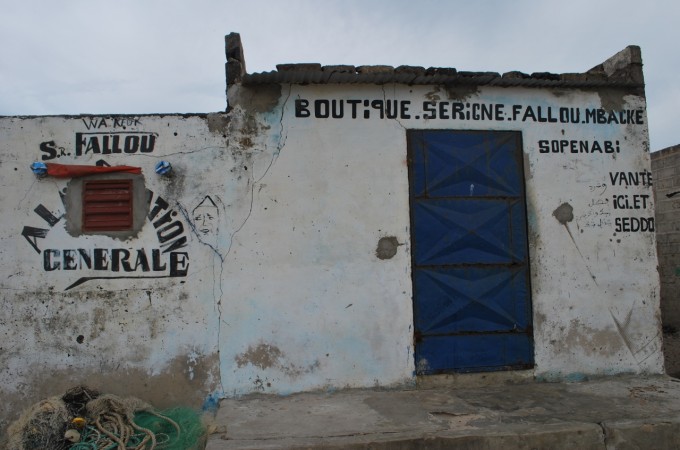
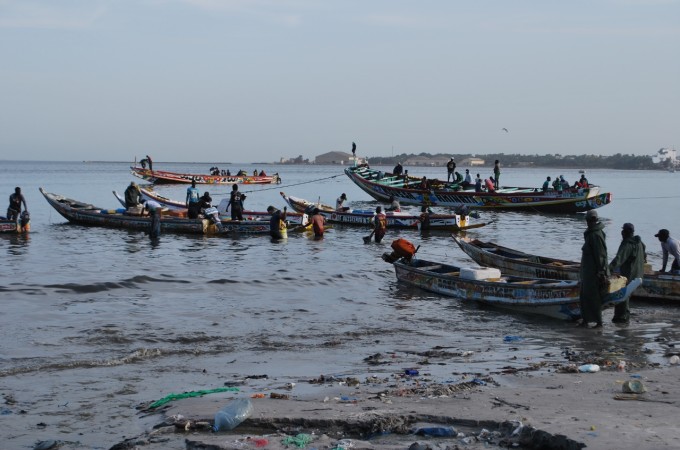
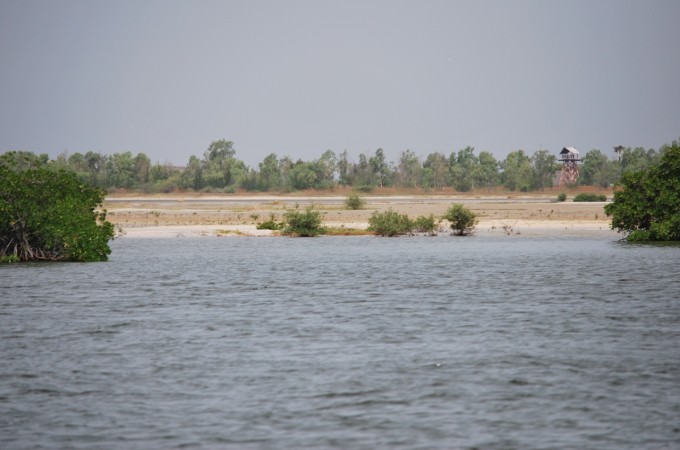
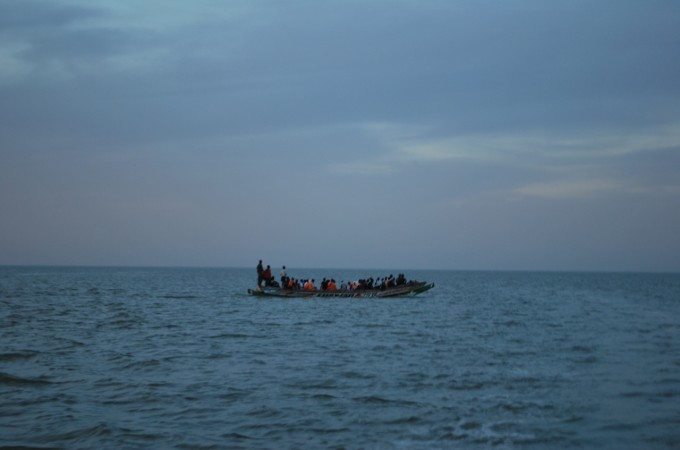
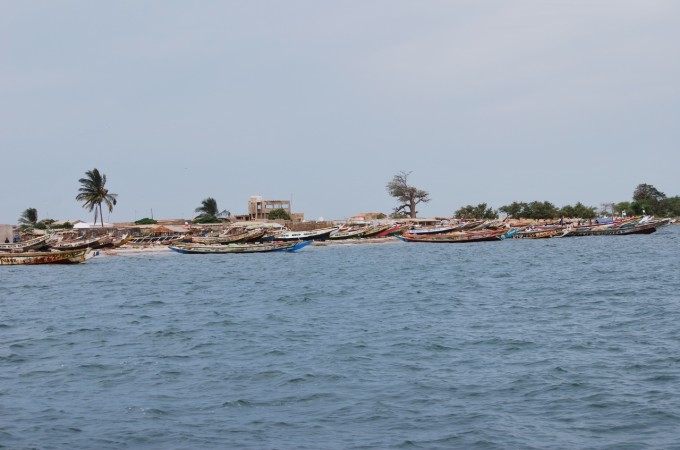
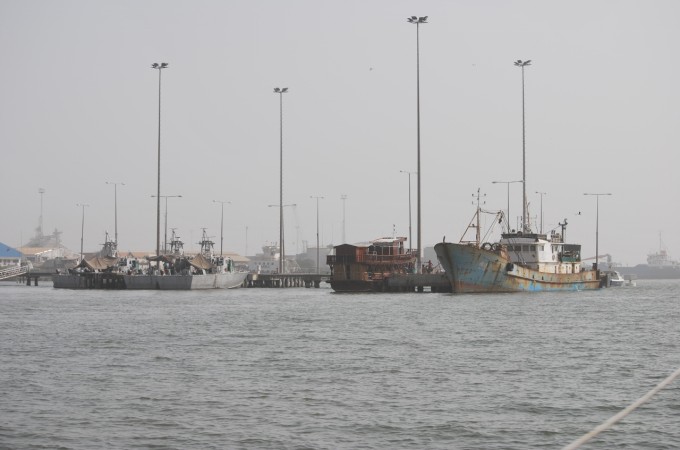
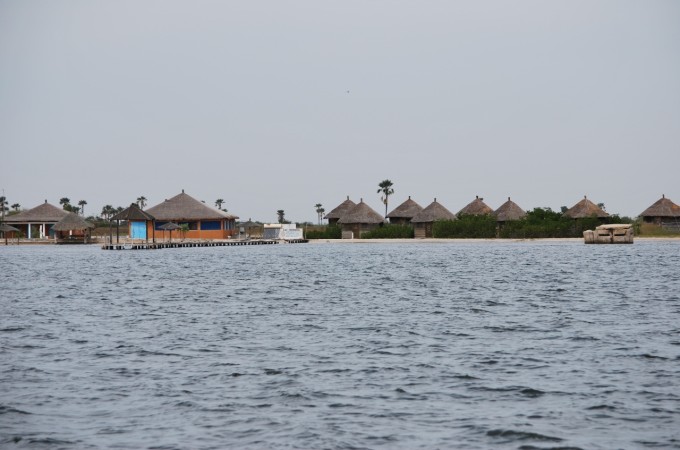
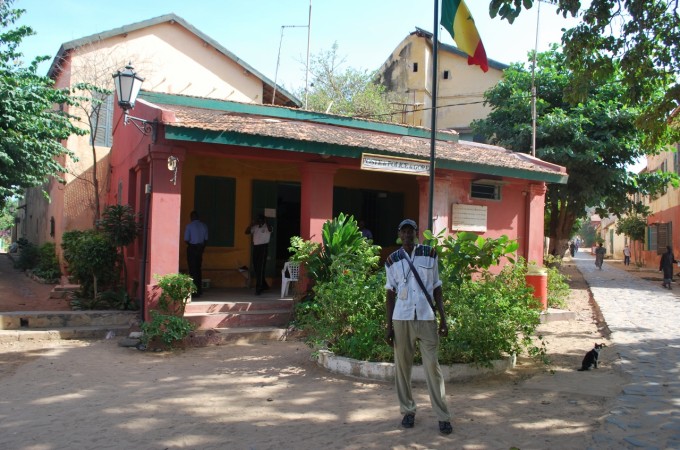
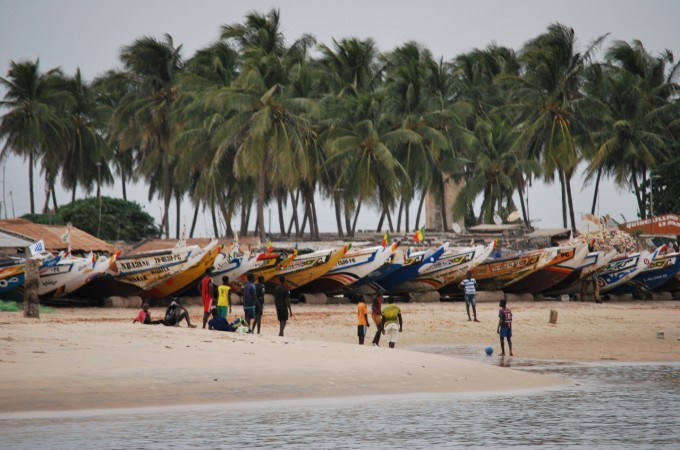
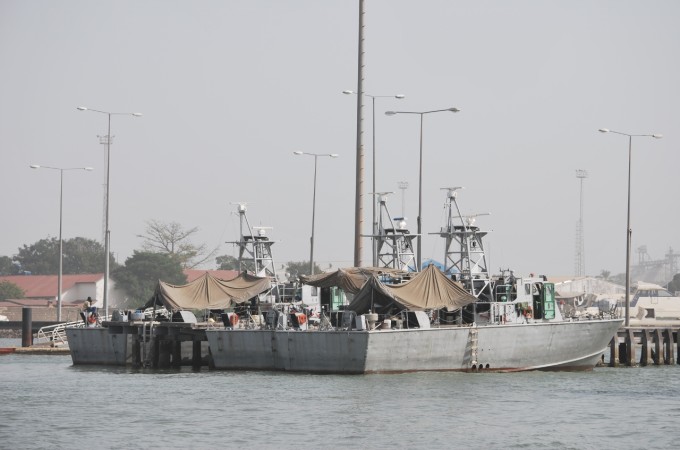
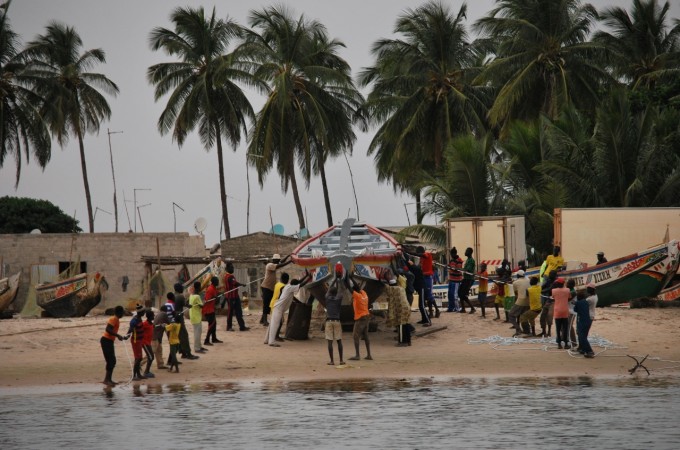
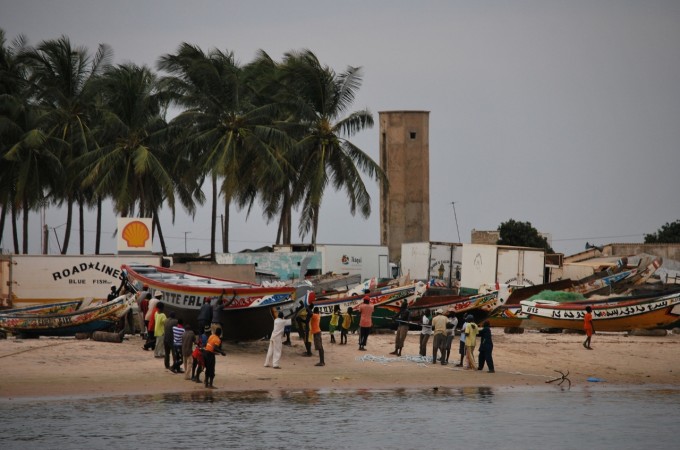
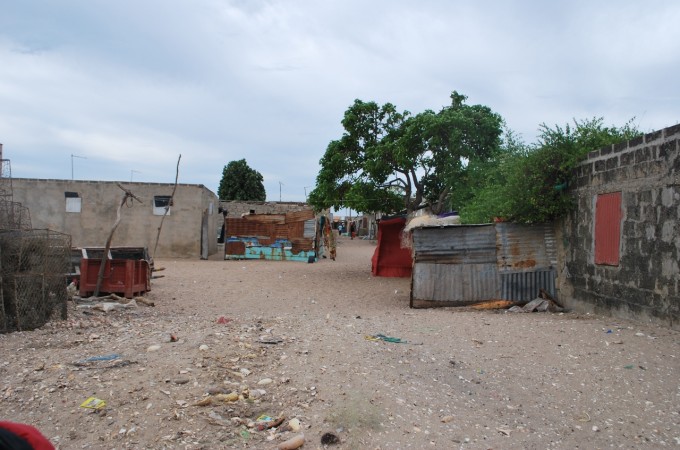
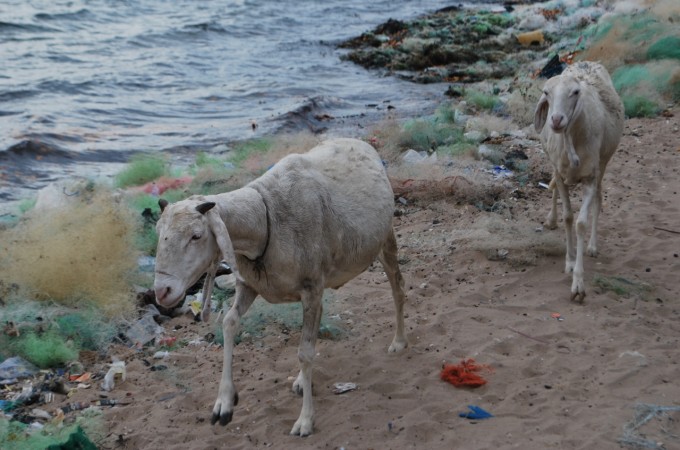
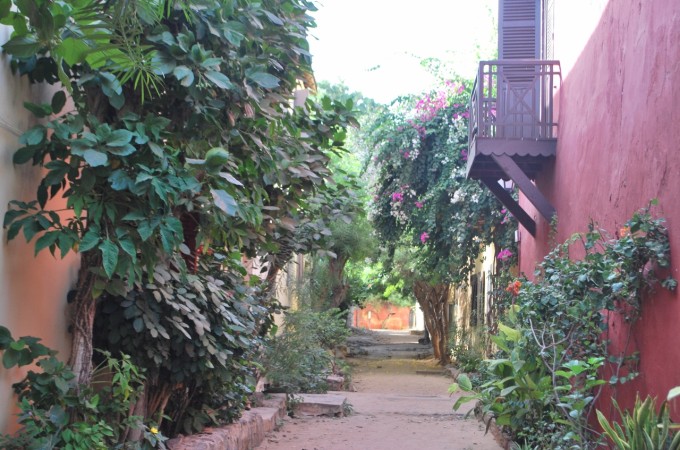
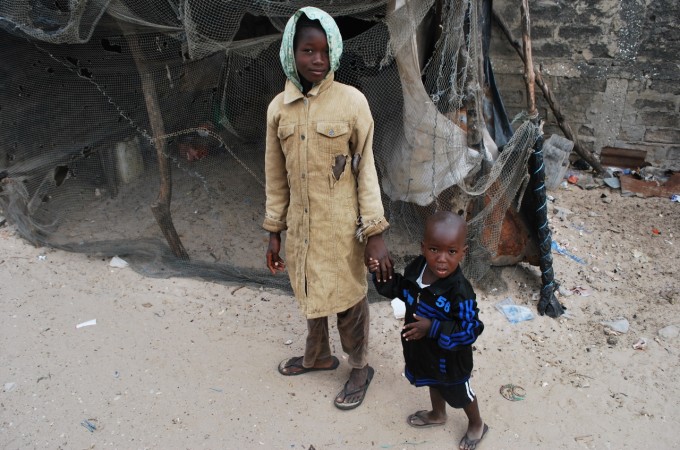
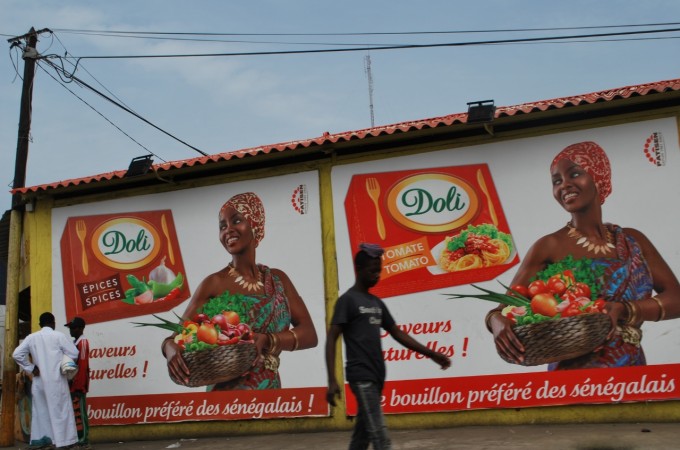
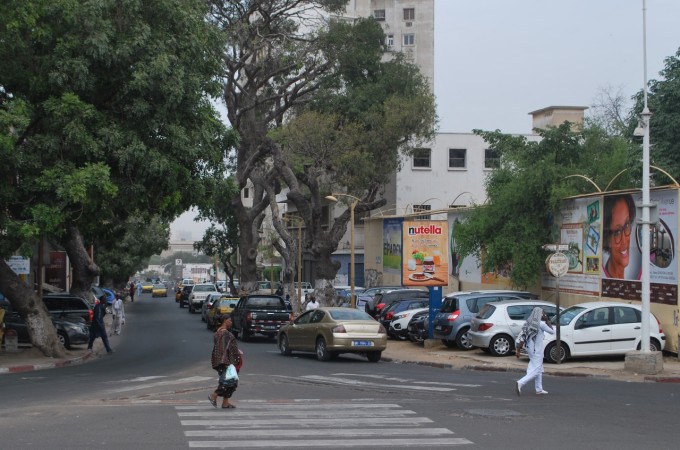
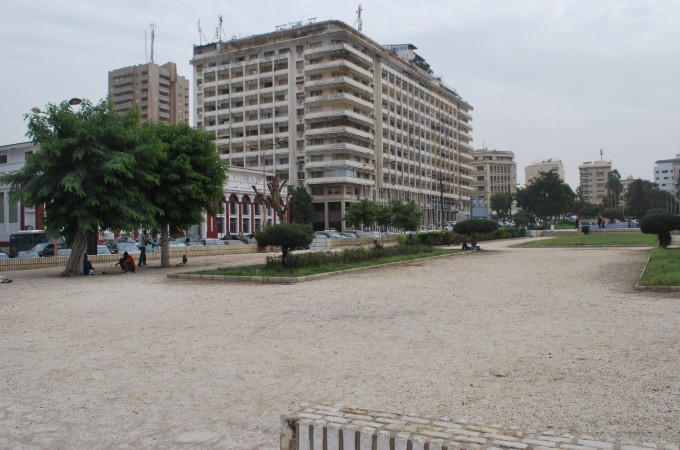
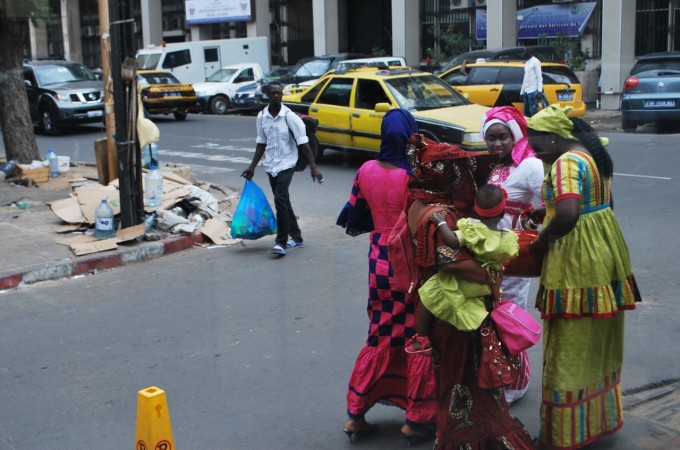
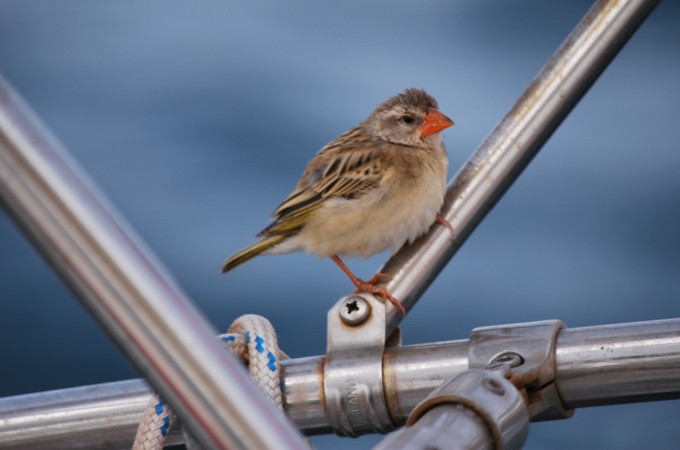
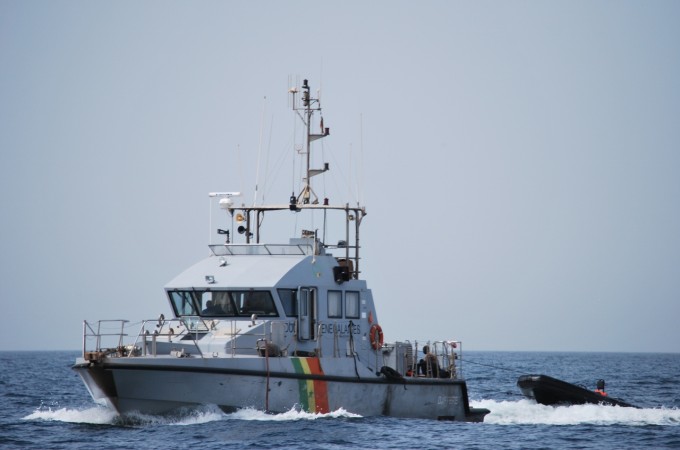
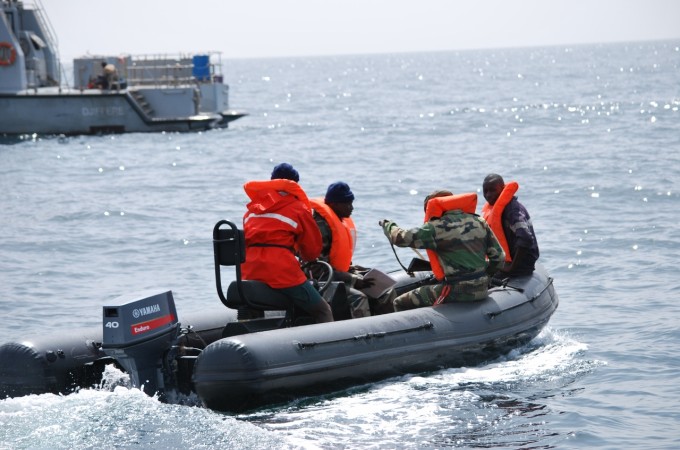
8 Comments
Peter Baylis
December 3, 2015 - 5:49 pmThanks Annie. Very interesting. It’s starting to get a little scary in The Gambia.
Pete v
annie
December 9, 2015 - 7:43 pmThanks Pete. All is fine in The Gambia, not scary at all! xx
Annie Sparkes
December 3, 2015 - 8:15 pmReminds me so much of Ghana in the old days. I’m going back to visit in March 2016
annie
December 9, 2015 - 7:44 pmSounds great Annie xx
Val
December 7, 2015 - 7:25 pmLoving the blog and watching your travels on Hugh’s satellite map, even when you are ‘out of range’.
Have a nice break and catch up with Alex x
annie
December 9, 2015 - 7:45 pmThanks Val. It’s been great having Alex along with us xx
cheryl
December 13, 2015 - 6:39 pmGreat to catch up with your progress.It’s so nice to hear about somewhere far away that isn’t just in the news .Senegal sounded lovely but the poverty a bit overwhelming. it certainly sounds like you get a different perspective on what’s important in life .It must really make you appreciate what you have . Hope you have a great time with your kids- great adventure opportunity for them too.
What a different life to being here .We have been on a 10 mile walk in lots of mud today and then had a cream tea . All is winter floods in Cumbria and Christmas hysteria here. Nick and I are bailing out in January and going to India for a couple of weeks .
annie
December 14, 2015 - 1:49 pmIt has been wonderful having Alex with us. He has been so enthusiastic about being here.
I’m glad to miss Christmas myself! Have a wonderful time in India xx